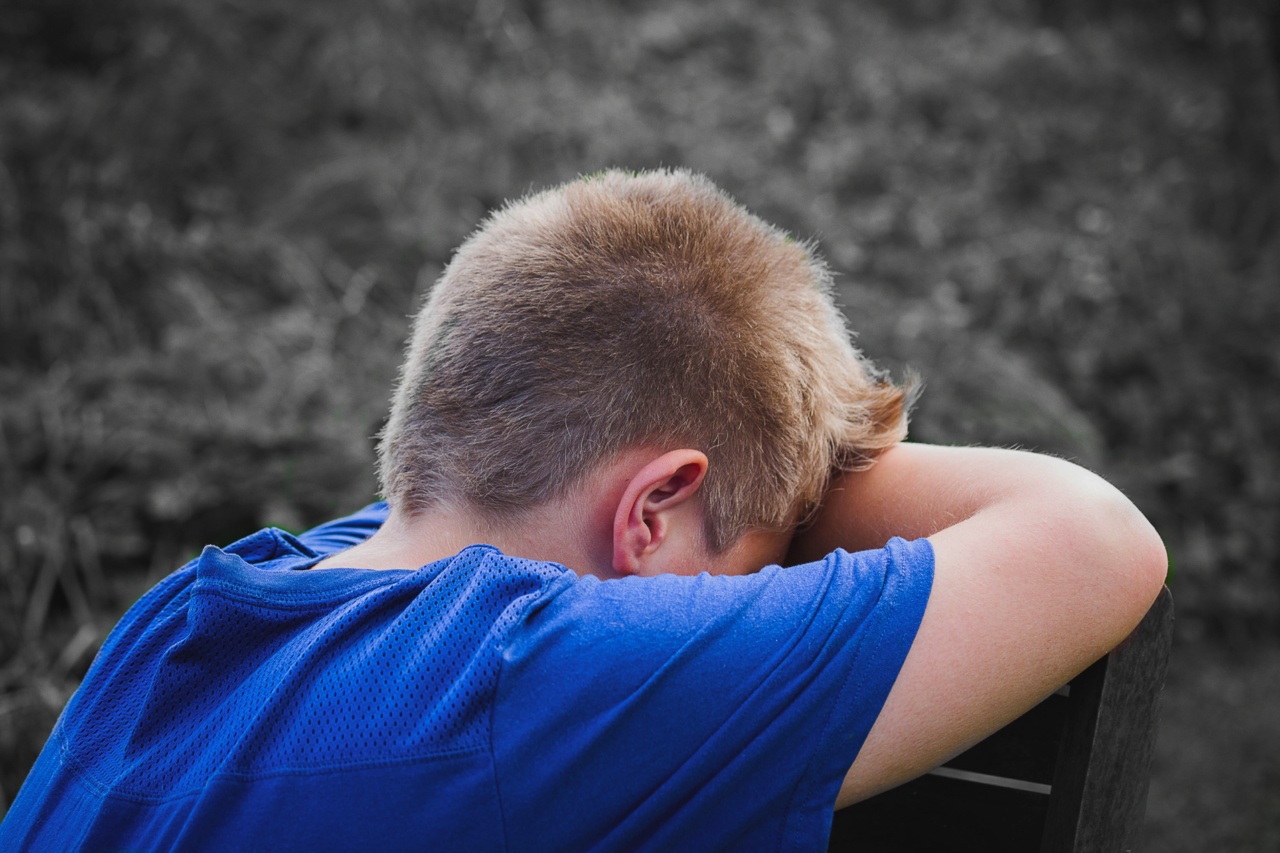As human beings, we need to interact with others in order to feel a sense of belonging and to thrive. However, some students may find themselves feeling lonely at school, even when surrounded by others.
Loneliness can have negative effects on mental health, academic performance, and even physical health. In this article, we will explore some of the reasons why students might feel lonely at school and provide some tips on how to overcome this challenge.
Reasons for Loneliness
Feeling lonely at school can stem from a variety of reasons. Here are some of the most common ones:.
Lack of Connections
Students who are new to a school or who have trouble making friends may feel isolated and lonely.
Even students who have been at a school for a long time can feel this way if they feel like they don’t have any meaningful connections with their classmates.
Social Anxiety
Students who suffer from social anxiety may have trouble interacting with others, which can lead to feelings of isolation and loneliness. These students may avoid social situations or find it difficult to initiate conversations.
Bullying
Bullying can lead to social isolation and can make students feel like they don’t belong. Students who are being bullied may feel too afraid to speak out or report the behavior, which can exacerbate the feelings of loneliness.
Cultural or Linguistic Differences
Students who are new to a country or who speak a different language from their peers may feel like outsiders. They may struggle to communicate with others and may feel like they don’t fit in with their classmates.
Overcoming Loneliness
If you are feeling lonely at school, there are some steps you can take to overcome this challenge. Here are some tips:.
Get Involved
Getting involved in extracurricular activities or clubs can help you meet new people who share your interests. This can help you build connections with others and can make you feel more included in the school community.
Ask for Help
If you are struggling to make friends or if you are being bullied, don’t be afraid to ask for help. Talk to a teacher, counselor, or other trusted adult about your feelings and concerns.
They can provide support and guidance to help you overcome these challenges.
Practice Self-Care
Taking care of yourself can help you feel better both physically and mentally. Make sure to eat a healthy diet, exercise regularly, and get enough sleep. Engage in activities that you enjoy, such as reading or listening to music, to help boost your mood.
Challenge Negative Thoughts
If you find yourself having negative thoughts, such as “no one likes me” or “I’ll never fit in”, challenge these thoughts. Ask yourself if they are really true, and try to look for evidence to support or refute them.
If necessary, talk to a counselor or therapist who can help you work through these thoughts.
Conclusion
Feeling lonely at school can be a challenging experience, but there are steps you can take to overcome this challenge.
By getting involved, asking for help, practicing self-care, and challenging negative thoughts, you can build connections with others and feel more included in the school community.































